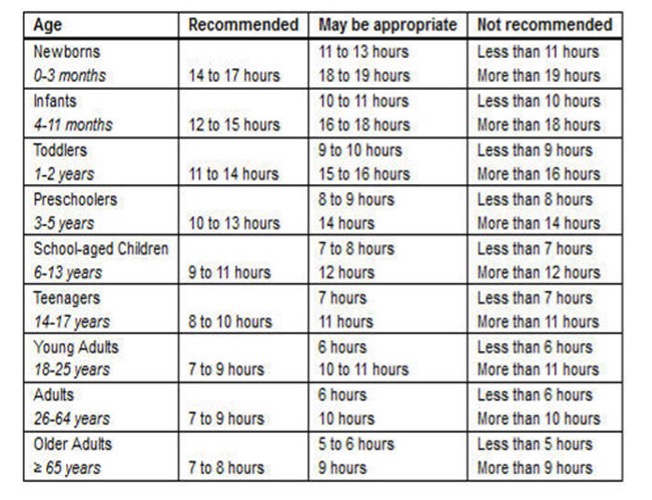Additional Information
You might be wondering if you or a loved one suffers from “insomnia.” There are several widely available questionnaires that assess insomnia and sleep problems. These include the Insomnia Severity Index and the Sleep Condition Indicator. These measures can be found on the internet. We have decided not to include any in our book. Why? First, these questionnaires should not be used to diagnose “insomnia.” They can provide a “score” that rates the severity of your sleep problems. But the scores are rough approximations. They are not always accurate. Be very cautious about reaching any conclusions when using these questionnaires.
More important, if you are having problems sleeping and it bothers you, then it does not matter what these questionnaires tell you. It also doesn’t matter if your sleep problems meet the technical definition of “insomnia.” You can still benefit from learning better sleep skills. And that is what this book is all about – learning to do things that help you sleep better AND learning to stop doing things that interfere with a good night’s rest. It’s really that simple.
You might be surprised to know that a 2018 nationally representative Consumer Reports survey found that 80% of adults in the U.S. reported having a problem with sleep “at least once per week.” Carr (2018)
A recent study found that the average Sleep Efficiency score for U.S. adults (34 – 81 years of age) was about 83%. Nearly half of adults had a score of less than 80%. Very few adults scored above 94%. Based on this research and experts in the field, a reasonable goal for SEFF is 85% – 90%. That means sleeping 85% – 90% of the time you devote to sleeping. Chung (2017).

Many people with insomnia become anxious about making up for lost sleep. They feel behind the eight ball. They wonder how they can possibly sleep long enough to make up for lost sleep. The prospect of getting enough sleep to feel good again seems overwhelming. Fortunately, we do not need more hours of sleep to make up for “lost sleep.” Our body naturally takes care of this problem. We simply spend a greater proportion of time in deep sleep on the following night. It’s amazing! Hopefully, this information will reassure anyone who worries about catching up on lost sleep.
Sleep Onset Latency
Sleep Onset Latency (SOL) is a technical term for how long it takes a person to fall asleep. On average, people in the U.S. take about 19 minutes to fall asleep at night. However, averages can be misleading. There is a wide range in SOL. About one out of six people take more than 32 minutes to fall asleep at night. About one out of six people fall asleep in less than 5 minutes. The amount of time it takes a person to fall asleep at night often varies considerably from one night to the next.
Mid-Sleep Awakenings
THE AVERAGE PERSON has about 1.5 mid-sleep awakenings each night. That means three mid-sleep awakenings over a two-night period. But averages can be misleading. About one out of six people wake up more than 2.5 times each night (5 times in two nights). Another one out of six people wake up only about once every other night. This research also found that people generally do not wake up the same number of times every night. Some nights are more restless, and some nights are more restful.
Dillon, H.R., Lichstein, K.L., Dautovich, N.D., Taylor, D.J., Riedel, B.W., & Bush, A.J. (2015).
Some medical problems can affect your sleep. The ones most likely to affect sleep are sleep apnea, restless leg syndrome, and anything that causes pain while you sleep, such as arthritis and fibromyalgia. Be sure to consult with a healthcare provider if you think you might have any of these conditions. There could also be other medical conditions that are upsetting your sleep. For example, some medications can make it difficult to sleep. If you suspect a medical condition, play it safe, and consult with a health care provider before attempting CBT-I. Discuss your interest in CBT-I. Get the go-ahead before you begin.
